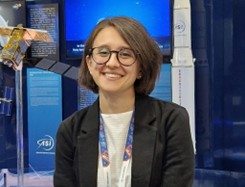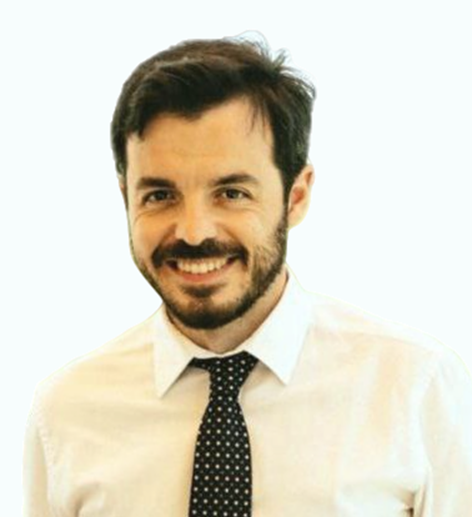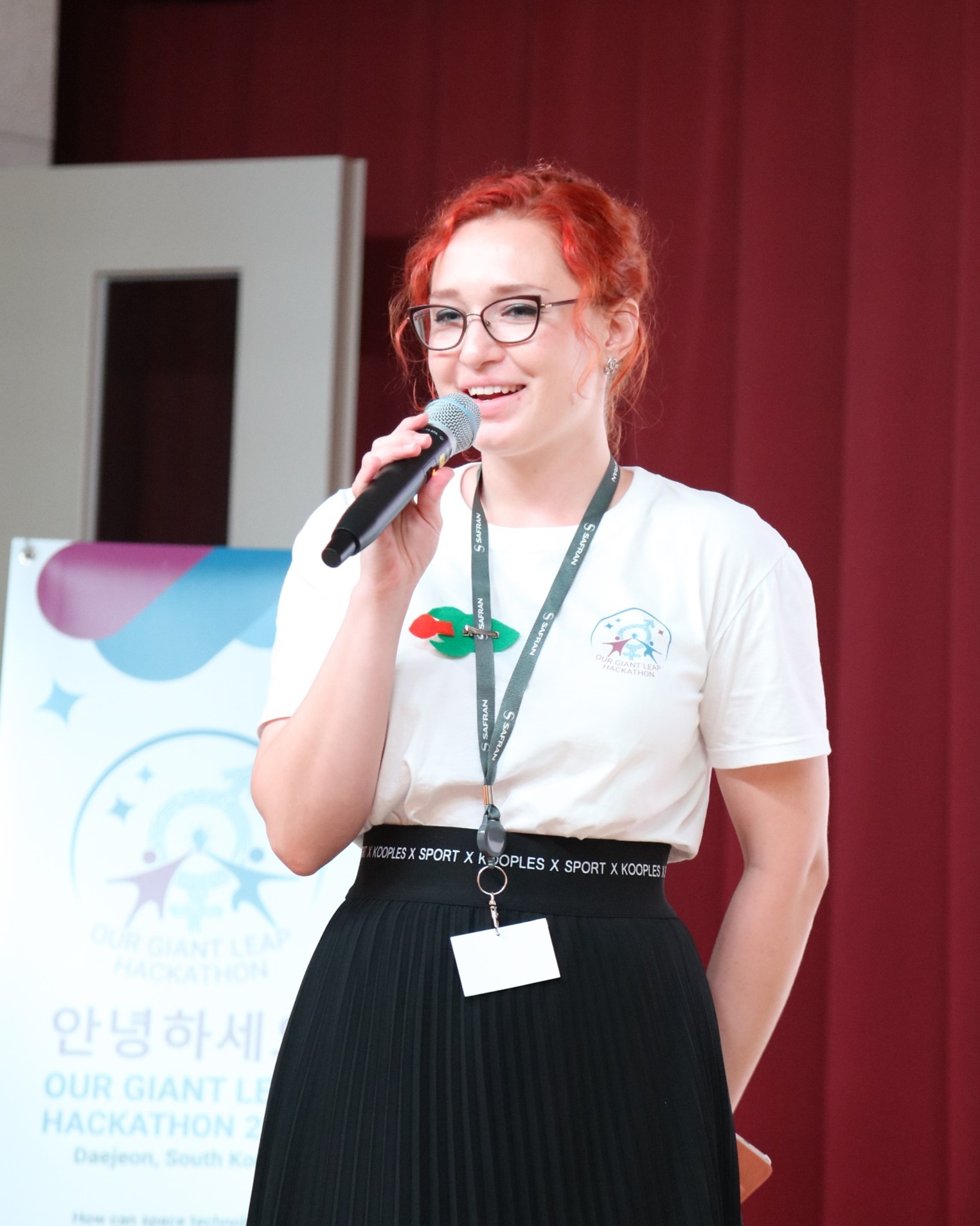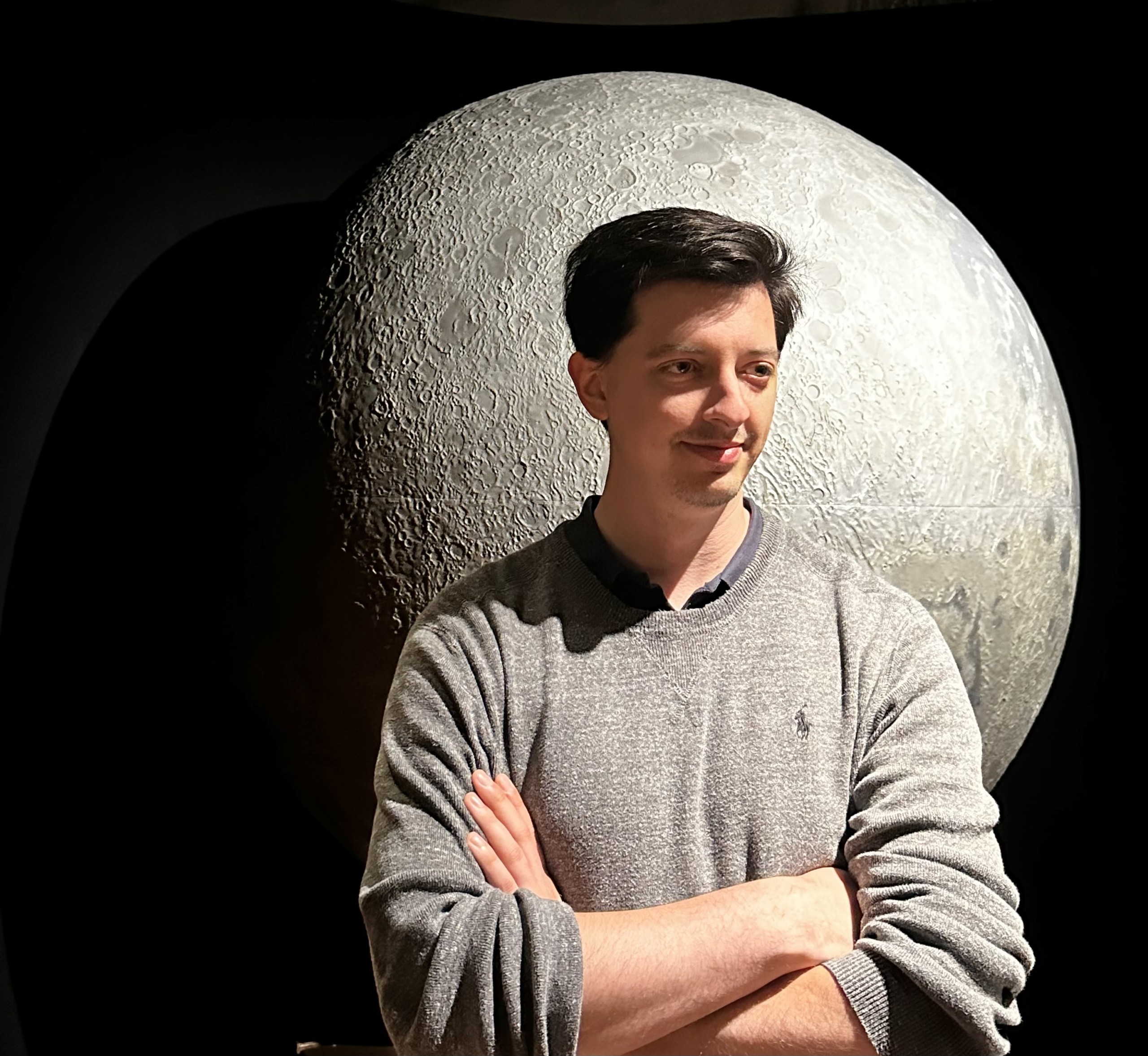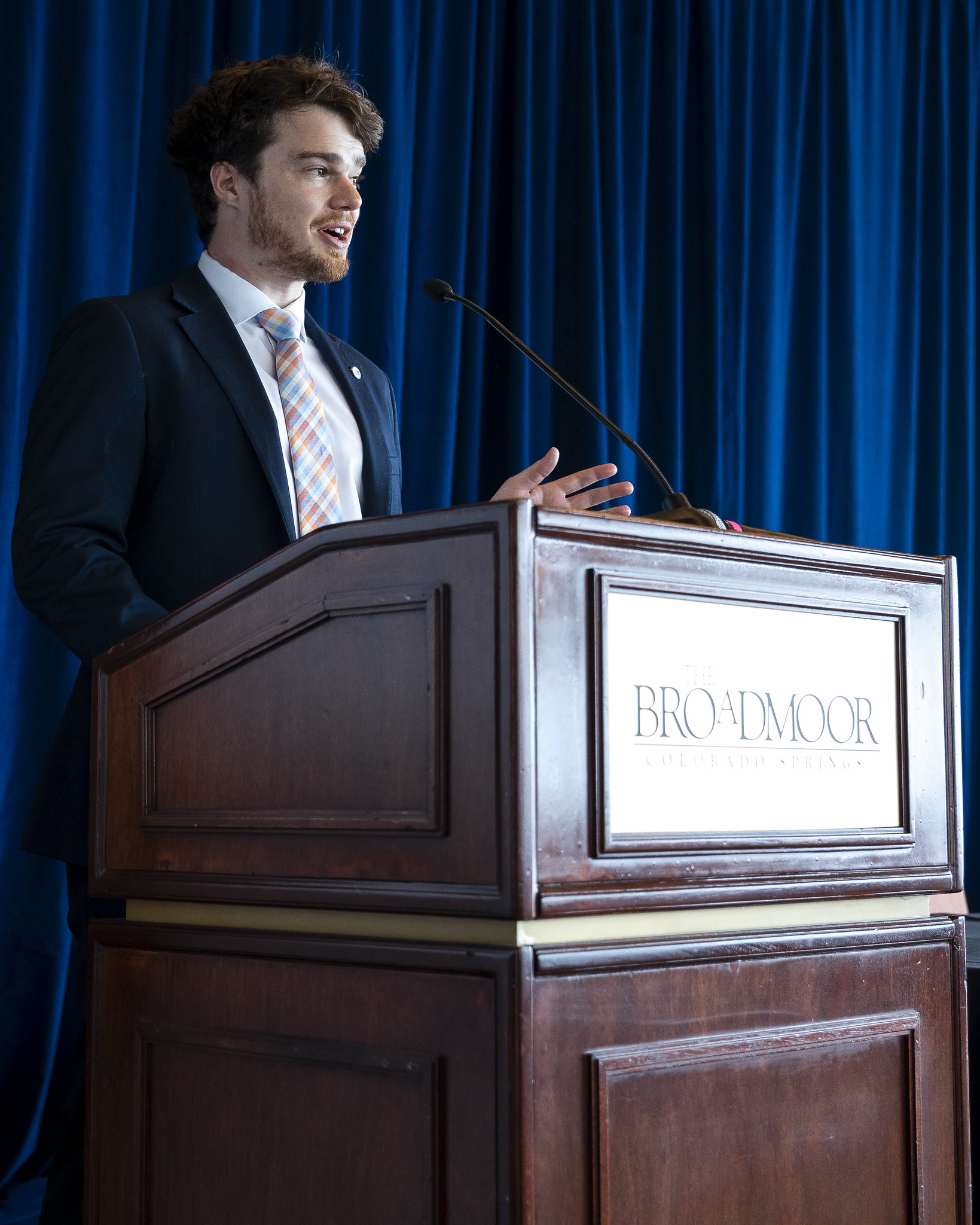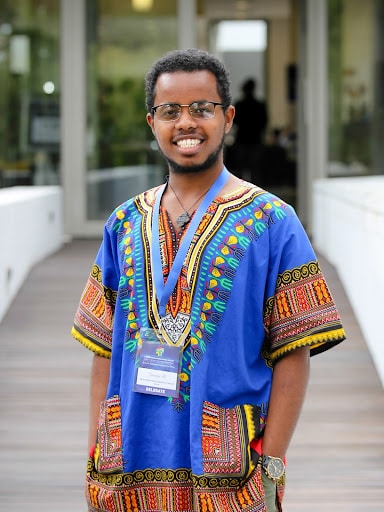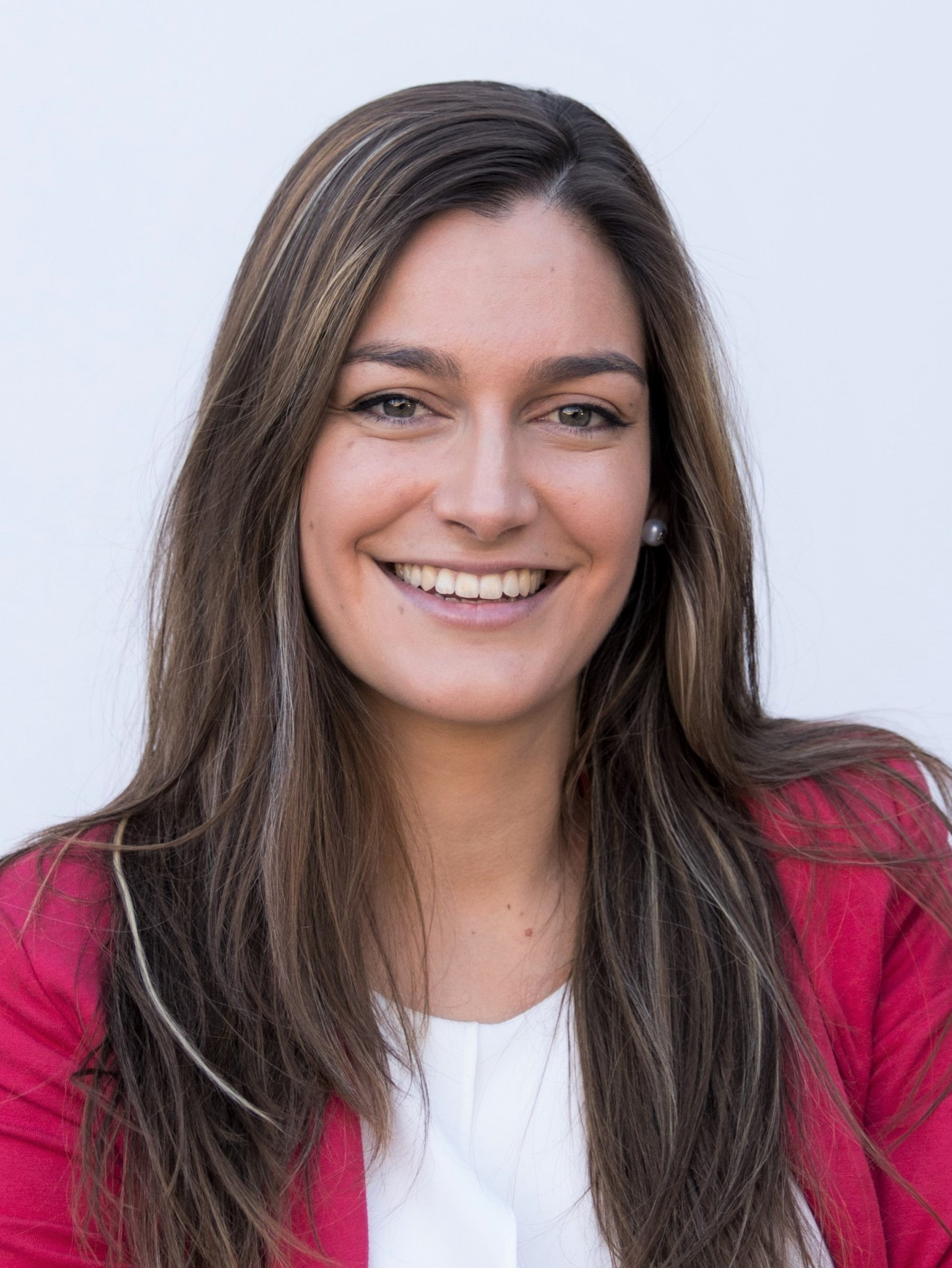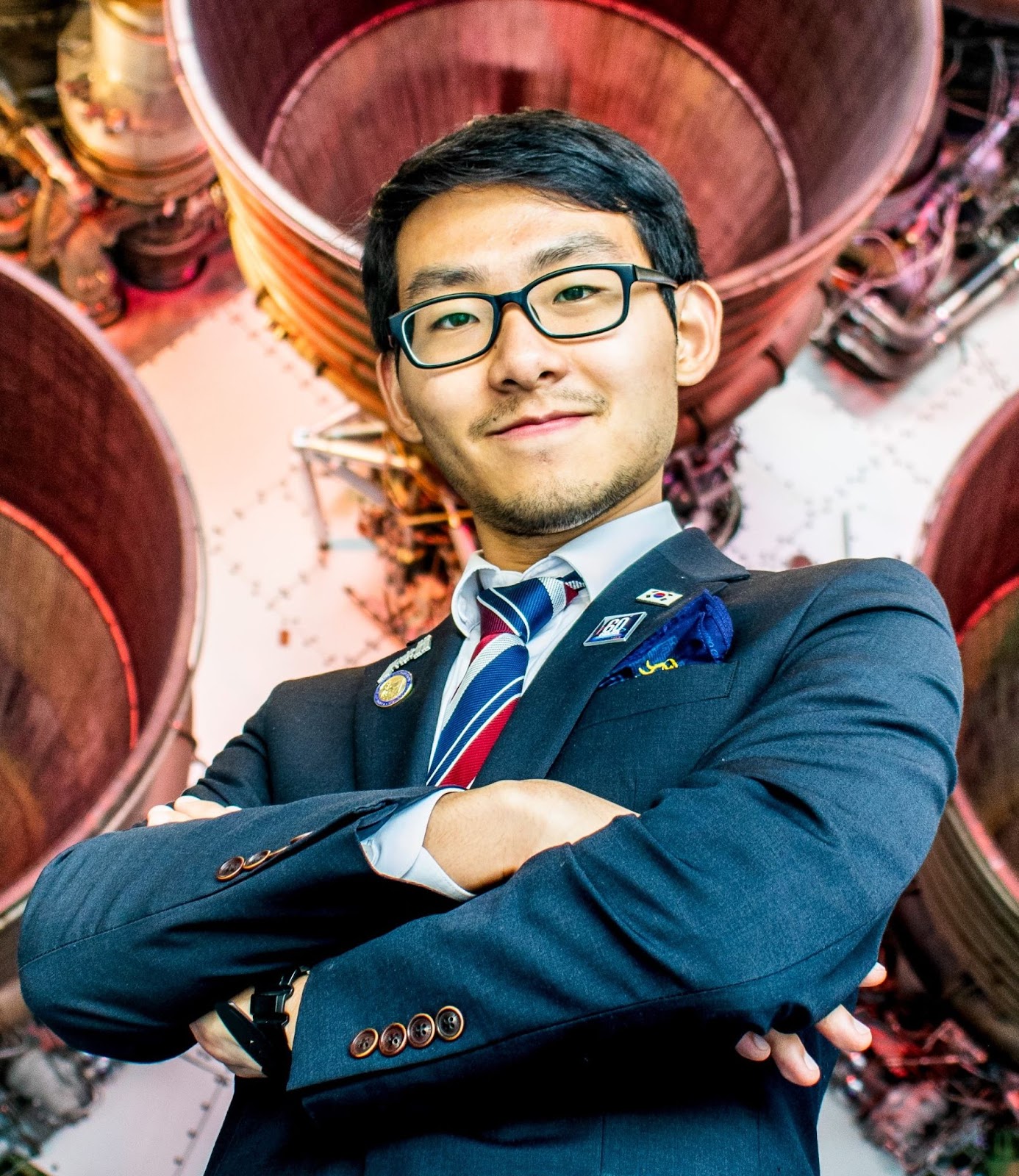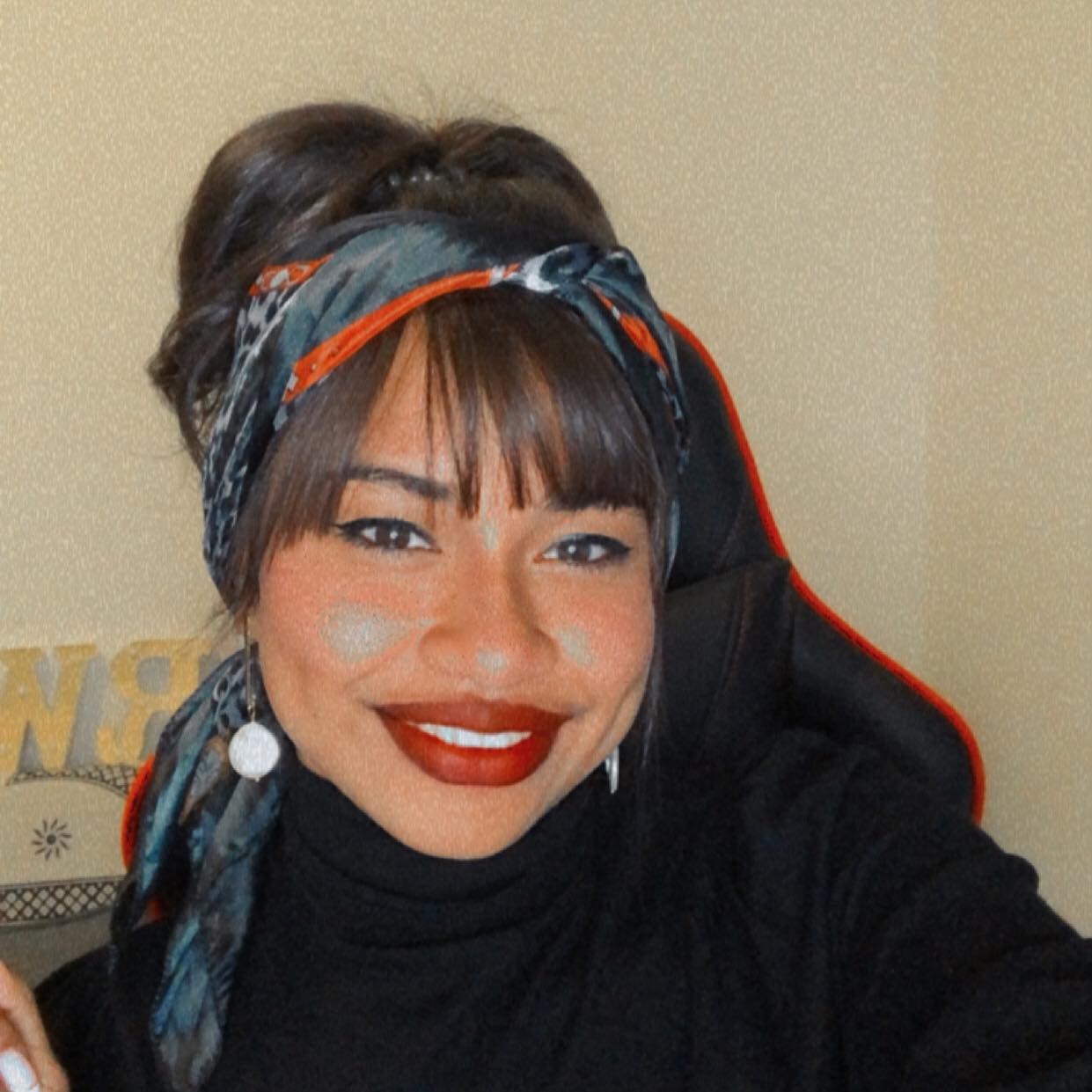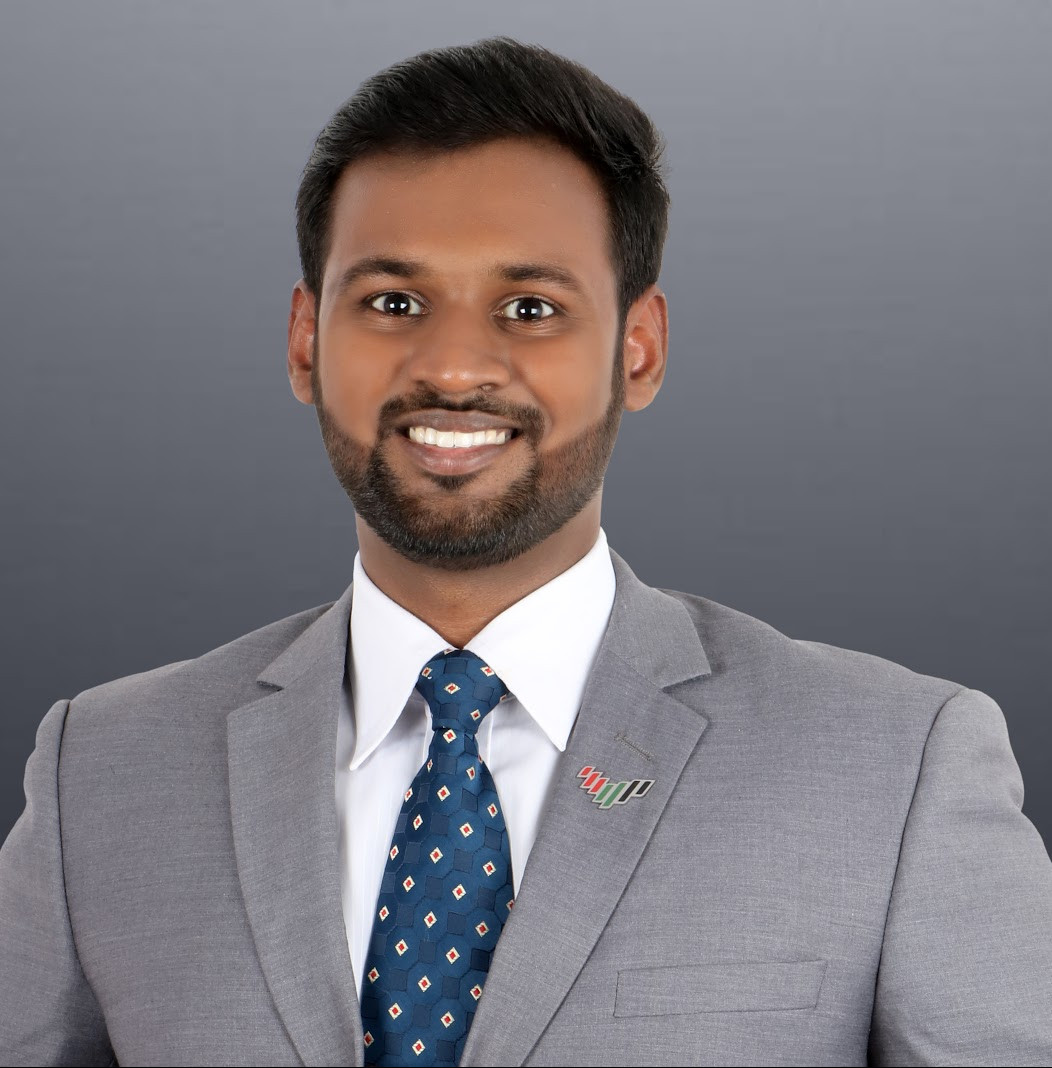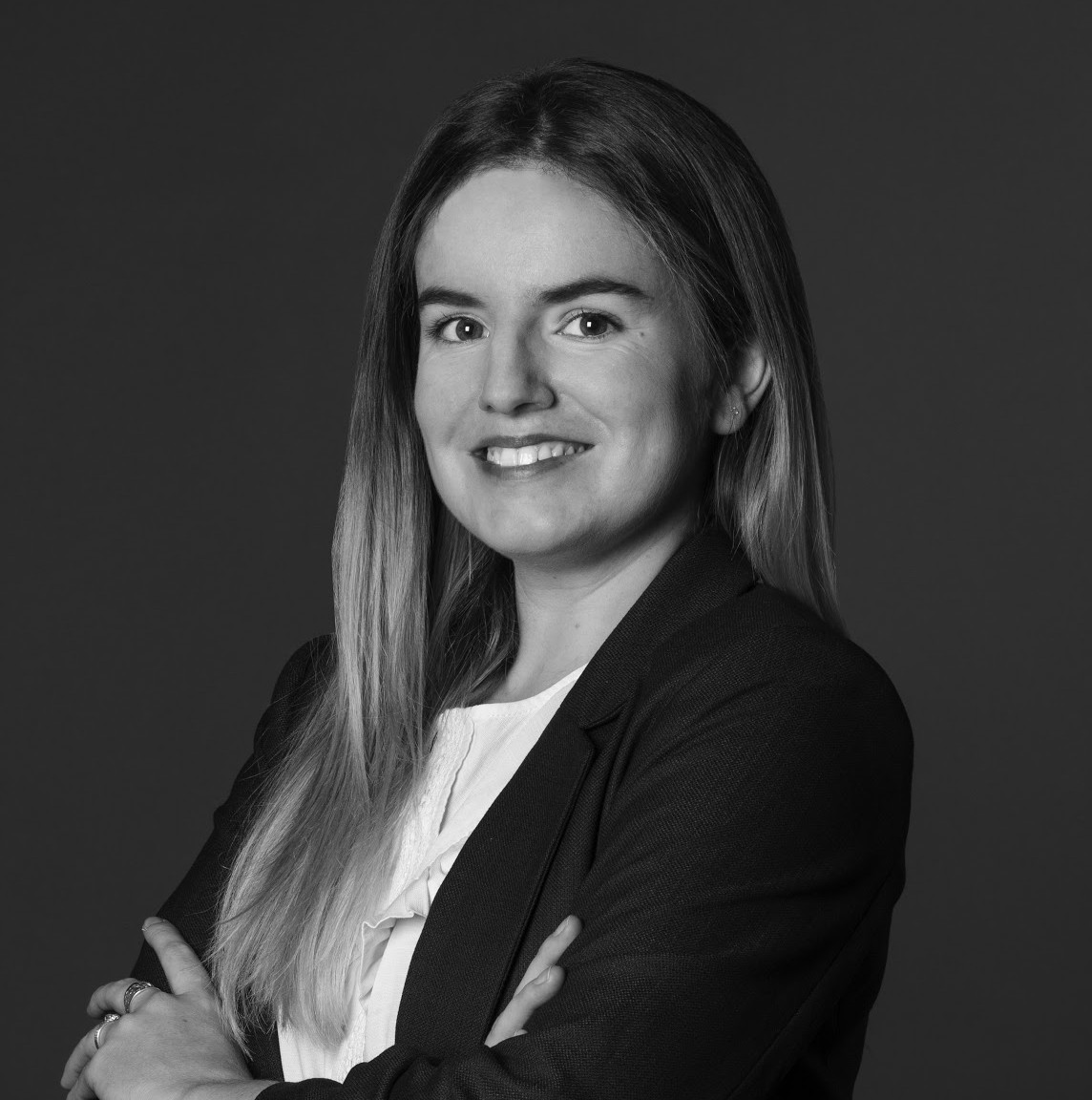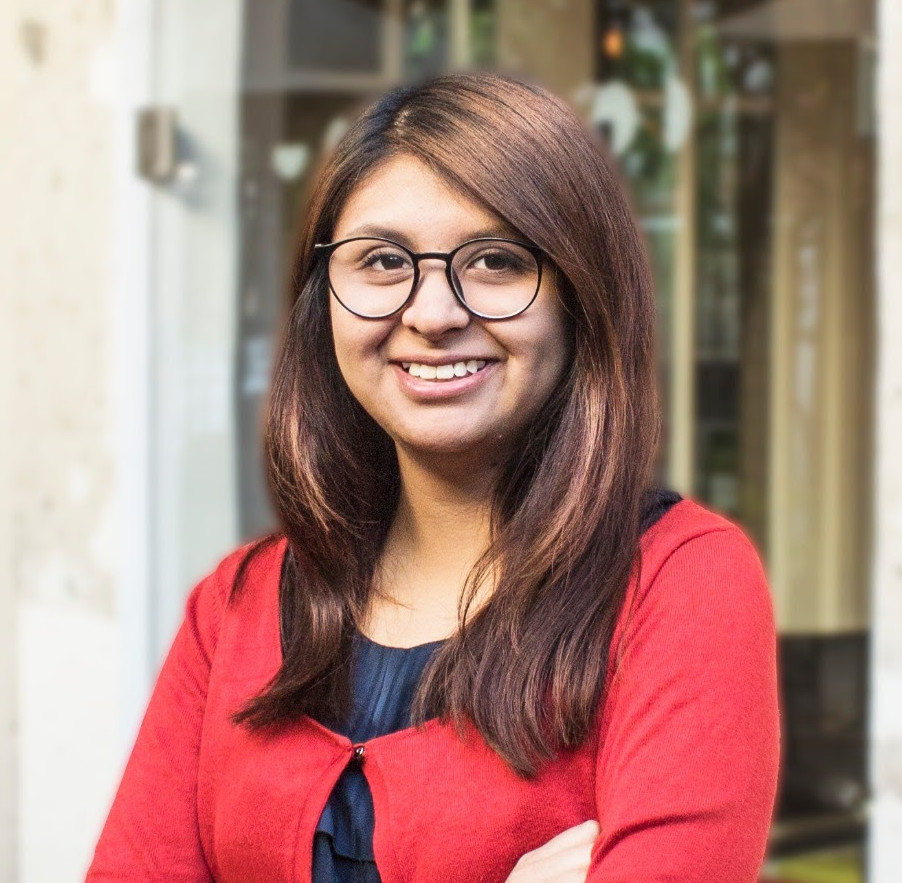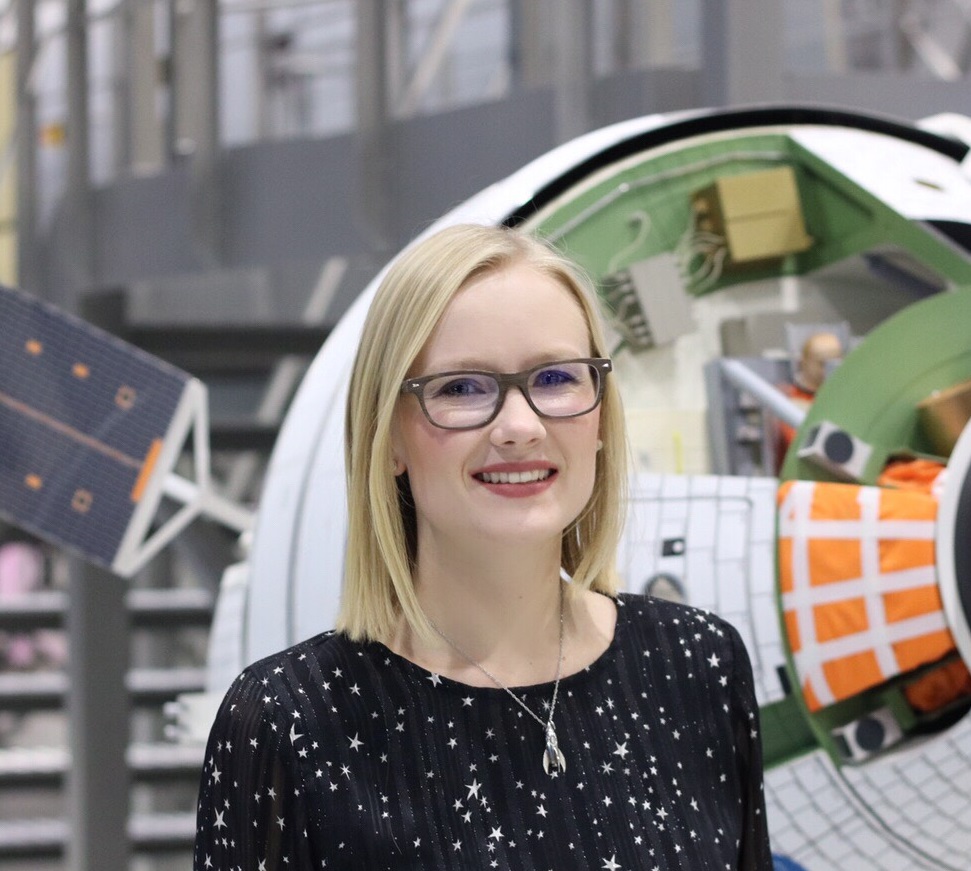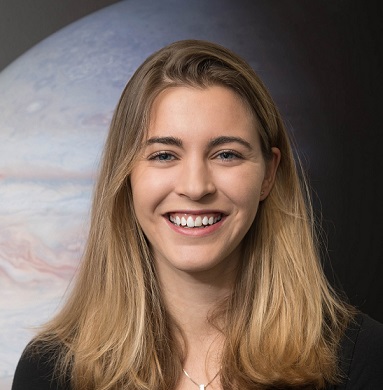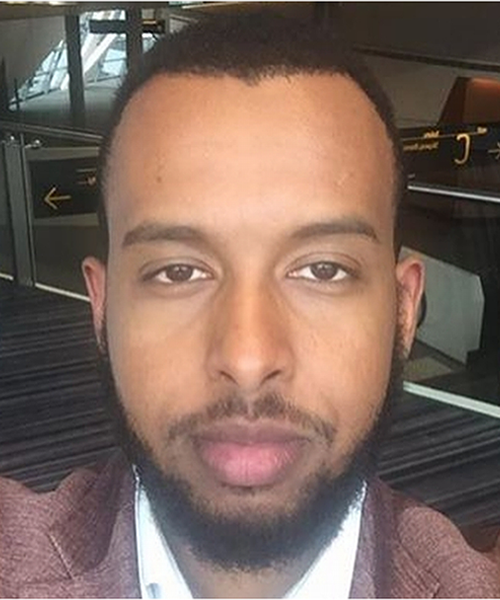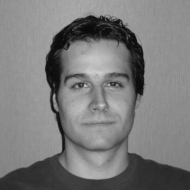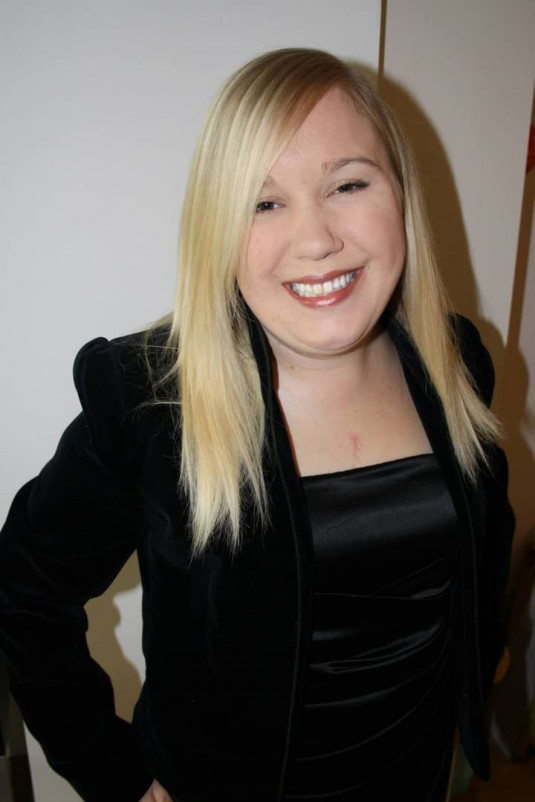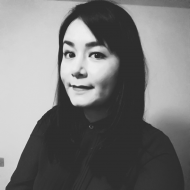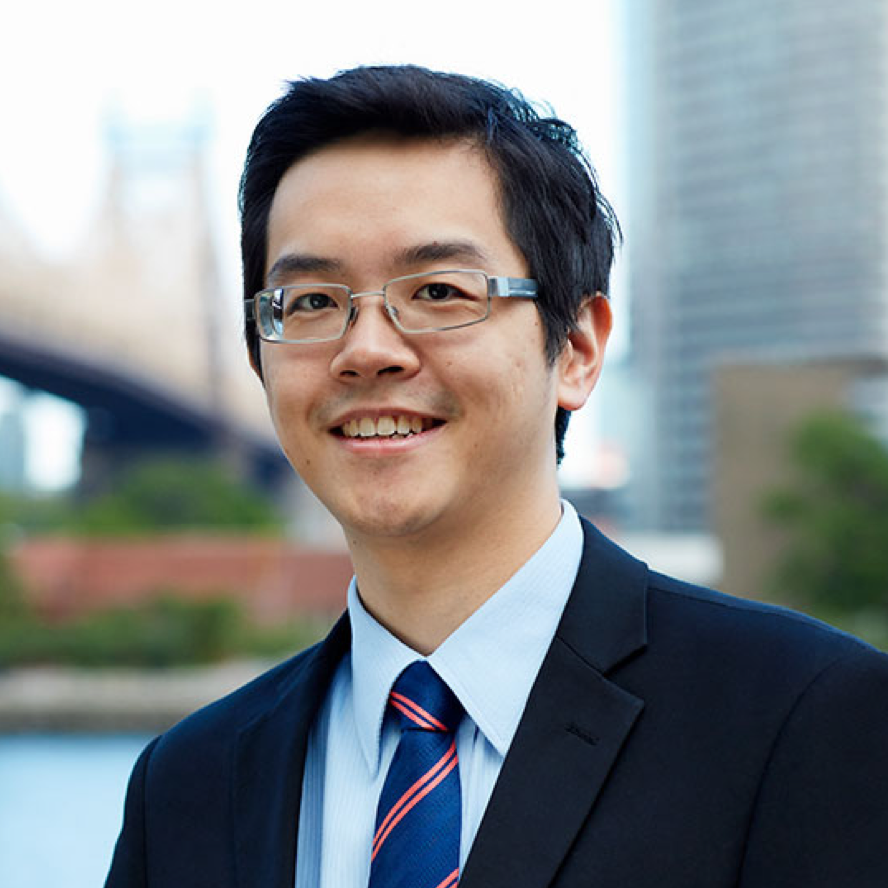The SGAC Pioneer Award

In 2018, SGAC decided to create a new award to recognize those who truly go above and beyond in their work for our organization. The Pioneer Award was created, and consists of a special pin with a certificate that states the accomplishments of the recipient, along with recognition on the SGAC website.
The award was named “Pioneer” since it reflects the innovative and adventurous spirit of SGAC, and the recipients are those select few who personify the values of our organization and have consistently gone above and beyond in fulfilling our mission. These space pioneers represent our “best of the best”, and are selected through a nomination process and independent review board, with a handful of SGAC members ultimately being eligible for the award.
Pioneer Awards are assessed twice a year: in Spring and Autumn
Nominations are currently closed.
December 2023
Pioneer Award: Alessandra Vernile
SGAC is proud to announce the Autumn 2023 Pioneer Award Winner, Alessandra Vernile!
Pioneer Award: Antonio Fulvio Scannapieco
SGAC is proud to announce the Autumn 2023 Pioneer Award Winner, Antonio Fulvio Scannapieco!
August 2023
Pioneer Award: Yulia Akisheva
Yulia Akisheva is an aerospace engineer by training currently finishing a PhD in Protective Use of Regolith for Planetary and Lunar Exploration, or PURPLE in short. This PhD is supported by the European Space Agency (ESA), TRAD Tests & Radiations and ISAE-SUPAERO under the ESA OSIP collaboration platform.
July 2023
Pioneer Award: Matej Poliaček
Matej is currently working in the ISS Flight Operations, as a member of the Columbus Flight Control team, responsible for the commanding and monitoring of the Columbus systems and payloads, as well as providing support to the astronaut crew and other flight control positions in regards to technical aspects of the module.
December 2022
Pioneer Award: Daniel Seybold
Since 2020, Daniel Seybold is the CEO of TeleOrbit, a company focused on the sales and marketing of satellite navigation equipment, such as antennas or receivers. At TeleOrbit he is, among others, responsible for the overall project, contracts, and IPR management.
September 2022
Pioneer Award: Tasman Powis
In 2012, Tasman attended his first SGAC event, the SGC in Naples, and said that after the event; “I knew the SGAC was something I needed to be a part of. Through the SGC and IAC, I learned very quickly that my passion lay within the engineering and science that made space travel a reality.”
Pioneer Award: Tensae Alemayehu Ali
Immersed in the concept of Space Science and Engineering at a young age, he derived himself to take part in the space sector aided by wisdom and leadership. Tensae Alemayehu Ali is a Mechanical Engineering graduate from Mekelle University.
Pioneer Award: Laura Gonzalez Llamarez
Laura is a Space Systems Engineer at the Satellite Applications Catapult, supporting the space sector through advanced manufacturing for space, microgravity and in-orbit servicing and manufacturing activities.
July 2021
Pioneer Award: Antonio Stark [KangSan Kim]
Antonio Fowl Stark [KangSan Kim] is a South-Korean born International Business Developer and Space Policy Consultant, his expertise is in global corporate strategy and technology evaluation.
Pioneer Award: Saira Roxana Williams
Roxy Williams is a Computer Engineering student, SGAC National Point of Contact for Nicaragua and General Coordinator for the Open Course Introduction to Space Engineering in Space Generation Advisory Council - SGAC.
Pioneer Award: Rania Toukebri
Rania is a Space Engineer working on the design, verification and integration of spacecraft. She has been part of several European Space Agency projects for earth observation, planetary defense and space exploration. Among them: HERA, Biomass, Plato, JUICE etc.
December 2020
Pioneer Award: Sahith Reddy Madara
Sahith has brought his passion for connecting and empowering individuals to advance the future space economy to many organizations in his years of study.
Pioneer Award: Pauline Delande
Pauline Delande graduated from INSA Toulouse (Mechanical Engineering) and ISAE-Supaero (Space Systems Engineering), she is now working at CNES in Toulouse as Earth Observation Satellite Operations Engineer.
Pioneer Award: Tania Robles
Tania Robles is a Mechanical Engineering from the National Autonomous University of Mexico. She is co-founder and former director of the Aerospace Association of the Engineering School at UNAM. National Point of Contact of SGAC in Mexico from 2016 to 2019, and current Regional Coordinator of the NCAC region.
April 2020
Pioneer Award: Maria Grulich
Maria grew up in Hanover, Germany and graduated with an [...]
January 2020
Pioneer Award : Harriet Brettle
Harriet Brettle is a business analyst at Astroscale where she [...]
Pioneer Award : Ahmed Abdi
Ahmed Abdi is the founder & programme manager of Africa [...]
October 2019
Pioneer Award: Carmen Victoria Felix Chaidez
Back in 2002, I joined a trip to Houston, to [...]
October 2018
Pioneer Award: Bruno Sarli
My journey in the SGAC began in 2011 through a [...]
June 2018
Pioneer Award: Lauren Napier
My name is Lauren Napier and I have been a [...]
April 2018
Pioneer Award: Chantelle Dubois
In April 2018 I was presented with one of the [...]
Pioneer Award: Anthony Yuen
For the longest time, doing anything space related seemed impossible. [...]

